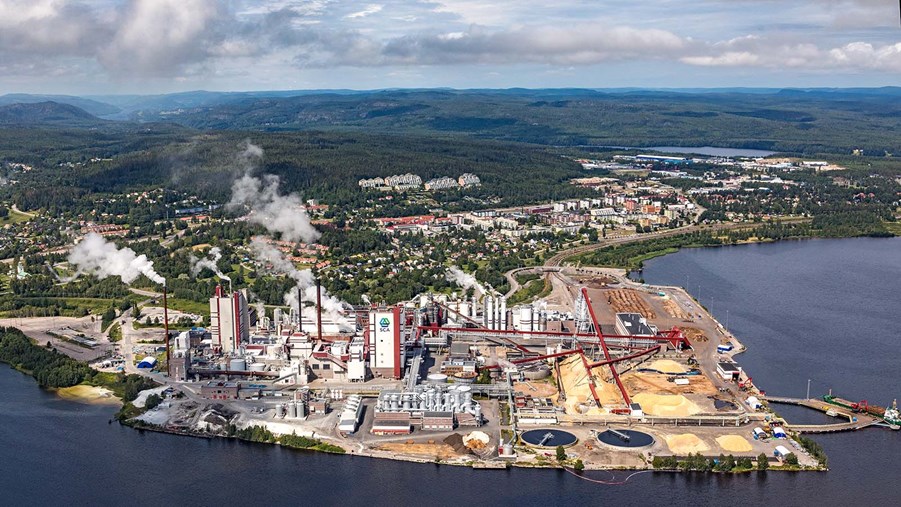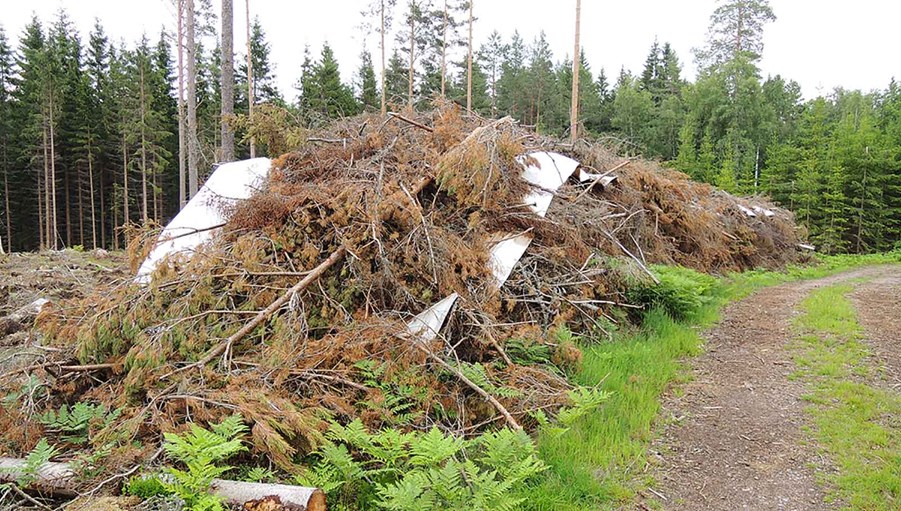
Reducing fossil emissions should be rewarded. Forerunners that use sustainable biofuels in their production should also be included in a revised EU ETS.
The EU ETS (European Union Emissions Trading System) is a market for carbon and a system to trade emissions. If the EU unilaterally imposes a cost on carbon, there is a risk that production will move to countries with less ambitious climate targets, so-called carbon leakage. To reduce that risk, industries are given free allocation of emission rights, which are based on product benchmarks. The benchmarks indicate how many emission rights one can receive per unit produced. Member countries are allowed to compensate energy-intensive industry for indirect costs from the ETS. Sweden has chosen not to offer compensation, while Norway, Finland and Germany are among the countries who have.
The EU ETS is a crucial instrument for the EU to achieve its climate goals. That is why the upcoming revision, announced by the EU Commissions, is so important.
Swedish Forest Industries believe that:
- The Commission is correct in proposing that benchmarks should be more technology neutral. This should also apply to industries that use sustainable biomass to decarbonise their processes.
- Biomass should not be treated differently than other decarbonisation measures. This will penalise frontrunners and lead to continued or even increased use of fossil fuels in certain sectors.
- Installations that have reached complete decarbonisation must be able to remain within the EU ETS. The proposed 95 percent rule for biomass will give incentives for installations to continue or even increase the use of fossil fuels.
- The revised ETS is proposed to be extended to also include emissions from ships. If the EU in this way unilaterally introduces carbon costs for maritime transports, industries dependent on such transportation must be protected from the risk of carbon leakage.

